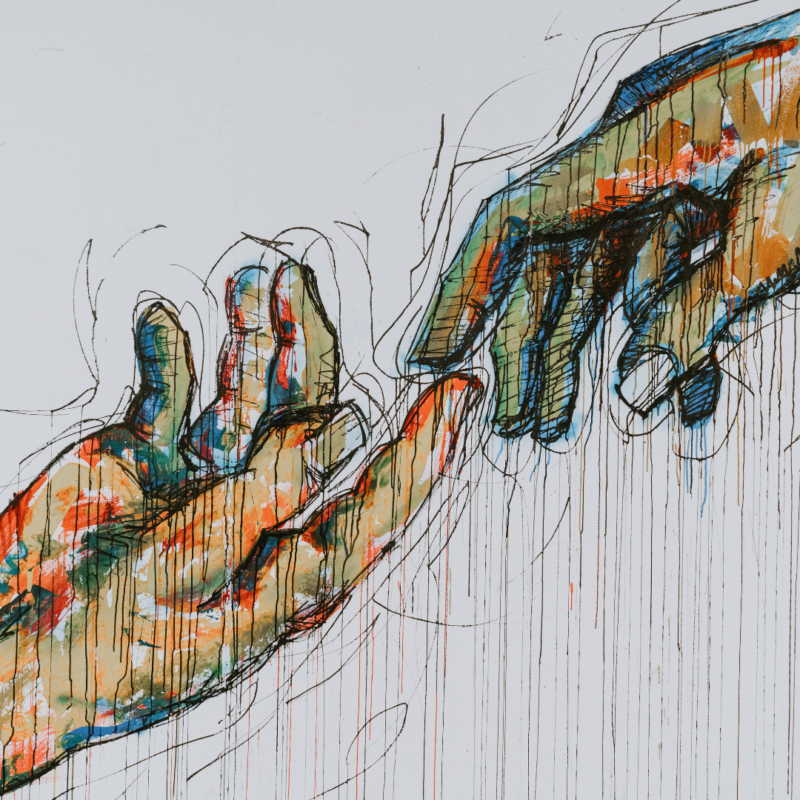Book: The Routledge International Handbook of Multidisciplinary Perspectives on Character Development, Volume I
Conceptualizing and Defining Character
Chapter 18 (34 pages)
Theological Perspectives on Beliefs and Communities of Practice
Abstract
In order to offer a theological perspective of virtue development, we treat virtues as habitus, moral habits that are cultivated in local communities with transcendent belief narratives. Virtues are dependent on traditions to inform their purpose or telos and to give definition to the good life. Although psychology offers a conceptualization of virtues focused on the self-system—including characteristic adaptations and transcendent narrative identity—psychology is less clear on how virtues are shaped and informed by the beliefs and practices of their contextualized communities. An exploration of specific features of theological systems offers insight into virtue-enriching ecologies. Informed by Relational Developmental Systems metatheory, we propose a Virtues System framework and offer a researchable understanding of the embodied self-system embedded in multilevel contextual systems, with these systems being dynamically linked by meaning-making. We argue that meaning-making allows virtues to be enacted with the agility necessary to exhibit coherent moral agency across settings. Virtue Systems provide an integrative framework through which theology challenges psychology to consider a more holistic view of virtue development, to recognize religious and spiritual diversity, and to consider the importance of telos for informing sets of virtues. The Virtue Systems Framework highlights how theological systems can be catalysts or obstructions to human thriving and flourishing societies, and offers an agenda for research that furthers the cultivation of virtue for the public good.
Subscribe to our newsletter and get our Thrive Practices for Spiritual Health PDF!
You Got It!



